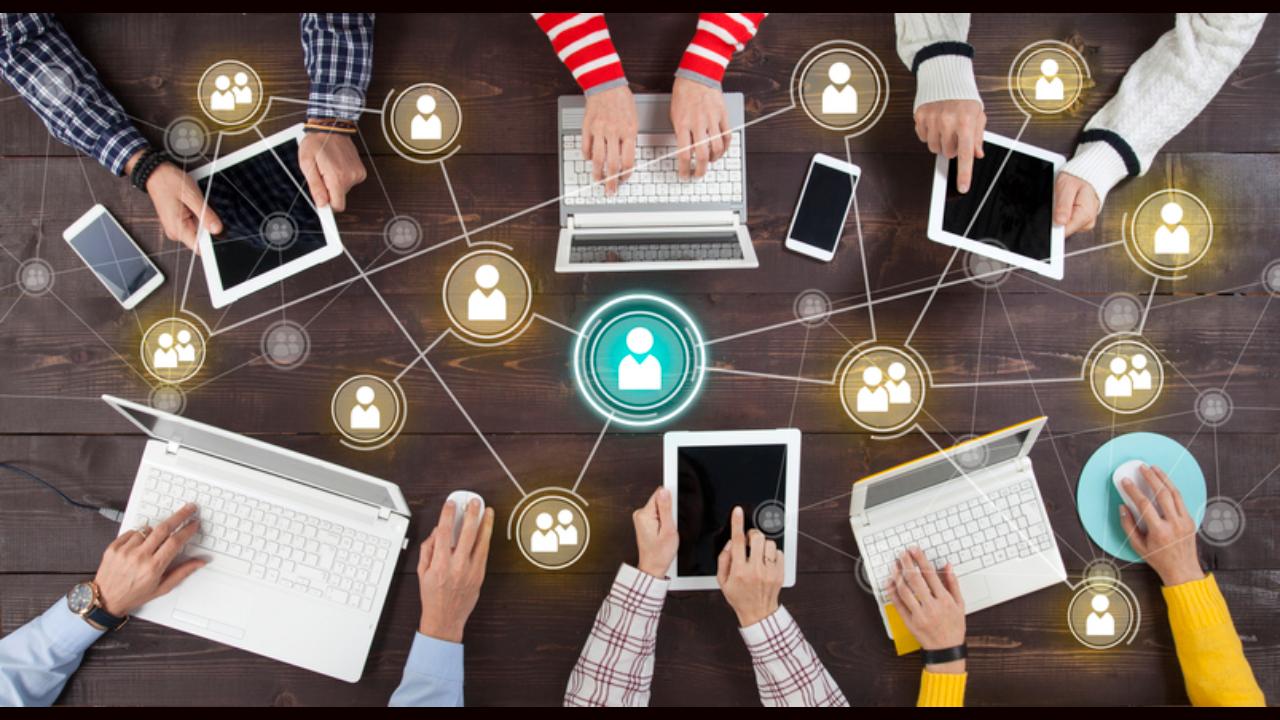According to a survey conducted by LIRNEasia, a regional think tank working on digital policy issues, internet use doubled in the last four years, particularly because of the pandemic. Of the nearly 80 million who started using the internet in 2020, 43 per cent of over 34 million said they started doing so because of necessity during the lockdown

61 percent of households in 2021 using the internet compared to 21 per cent in 2017.Photo: iStock.
A recent nation-wide survey has shown that the internet use doubled in the past four years, and the Covid-induced lockdown contributed significantly to the increased demand for connectivity.
ADVERTISEMENT
"At least 38 per cent of those who needed health services during lockdown used online consultations/telemedicine. But most still relied on face-to-face," revealed the survey.
Among the people that needed to access healthcare services during the pandemic, 65 per cent of those with internet access were able to access healthcare while only 52 per cent without the internet were able to access healthcare.
Among the aged 15-65 population, 49 per cent said they had used the internet, compared to only 19 per cent of the aged 15-65 population claiming the same in late 2017.
This translates to 61 per cent of households in 2021 using the internet compared to 21 per cent in 2017.
The survey showed that over 130 million users came online in 2020 and 2021. Of the nearly 80 million who started using the internet in 2020, 43 per cent or over 34 million said they started doing so because of needs brought about due to the Covid crisis.
On the question of working remotely during the lockdown, only 10 per cent of those employed were able to work remotely. The higher percentages belonged to the categories of finance, insurance, information technology, public administration, and other professional services.
A total of 64 per cent of all households with enrolled school-aged children had internet access while the remaining 36 per cent had no access, said the report.
Among the households with internet, 31 per cent of children were likely to receive remote education of some kind, while only 8 per cent of the households without internet said they received some kind of remote education.
The survey was conducted by LIRNEasia, a regional think tank working on digital policy issues across the Asia Pacific, and ICRIER, a policy-oriented economic policy think-tank based out of New Delhi.
Also Read: World Kindness Day 2021: How eight young adults learned to be kind to themselves
 Subscribe today by clicking the link and stay updated with the latest news!" Click here!
Subscribe today by clicking the link and stay updated with the latest news!" Click here!







